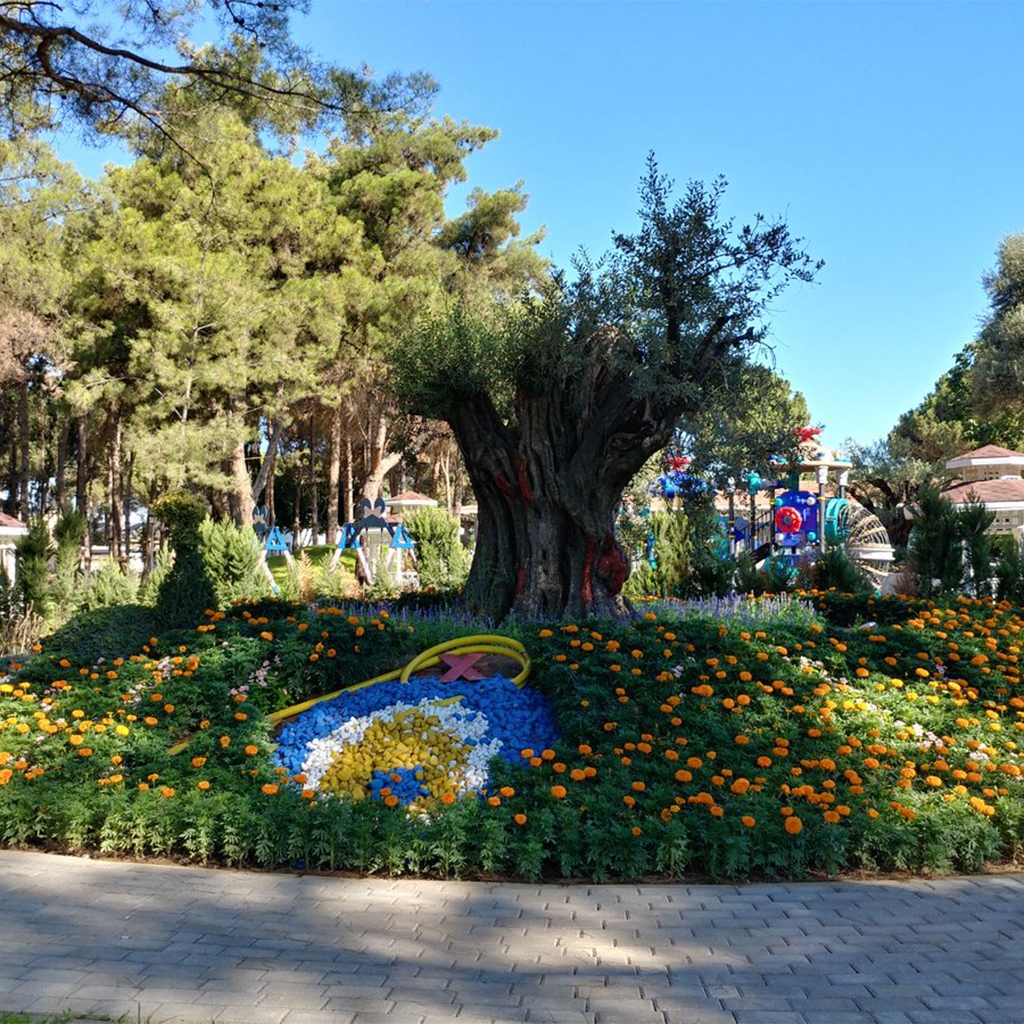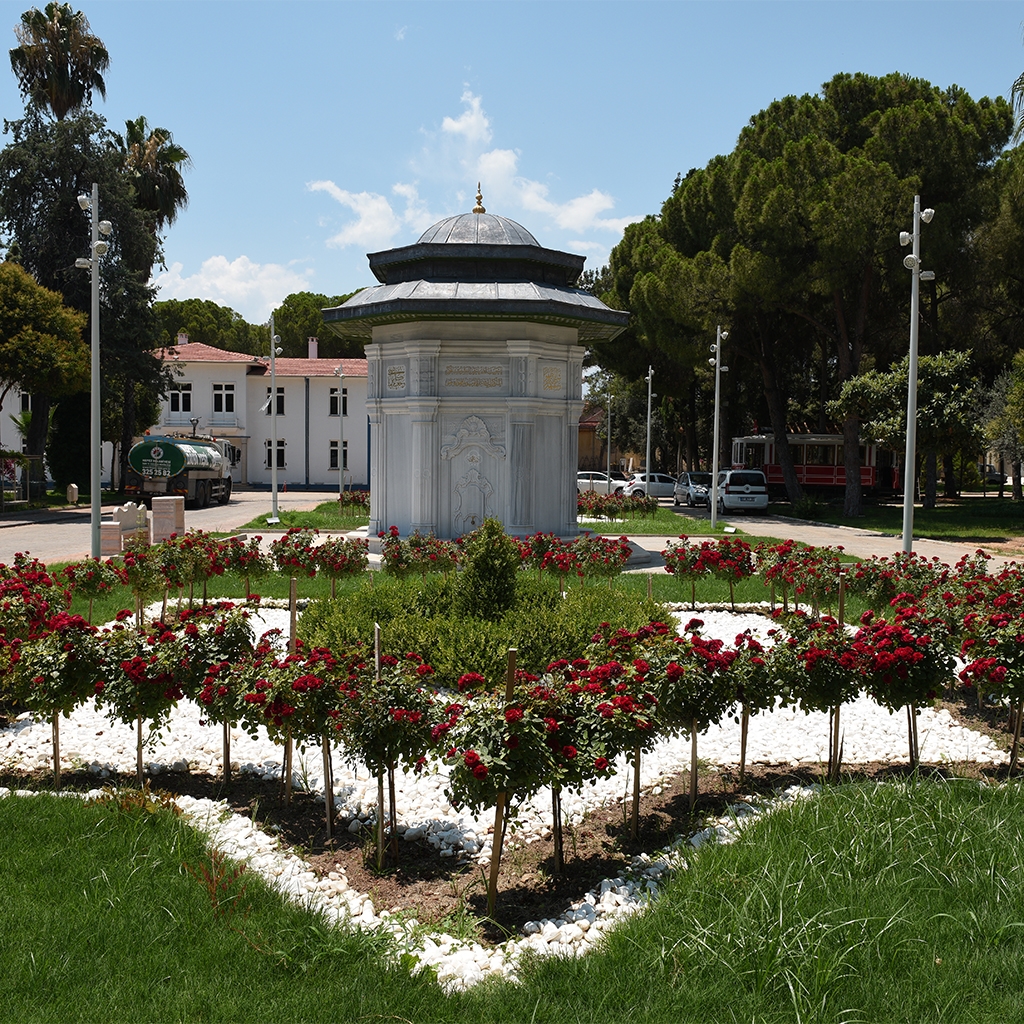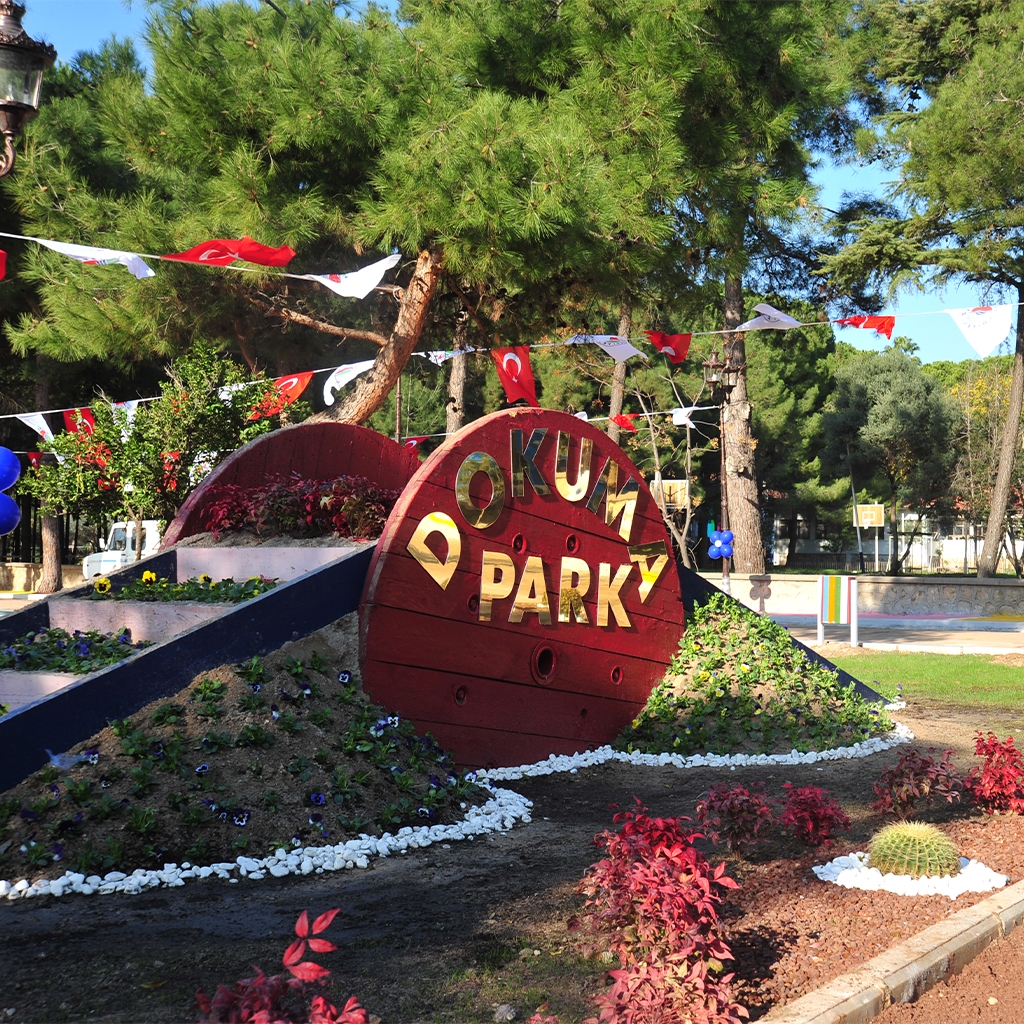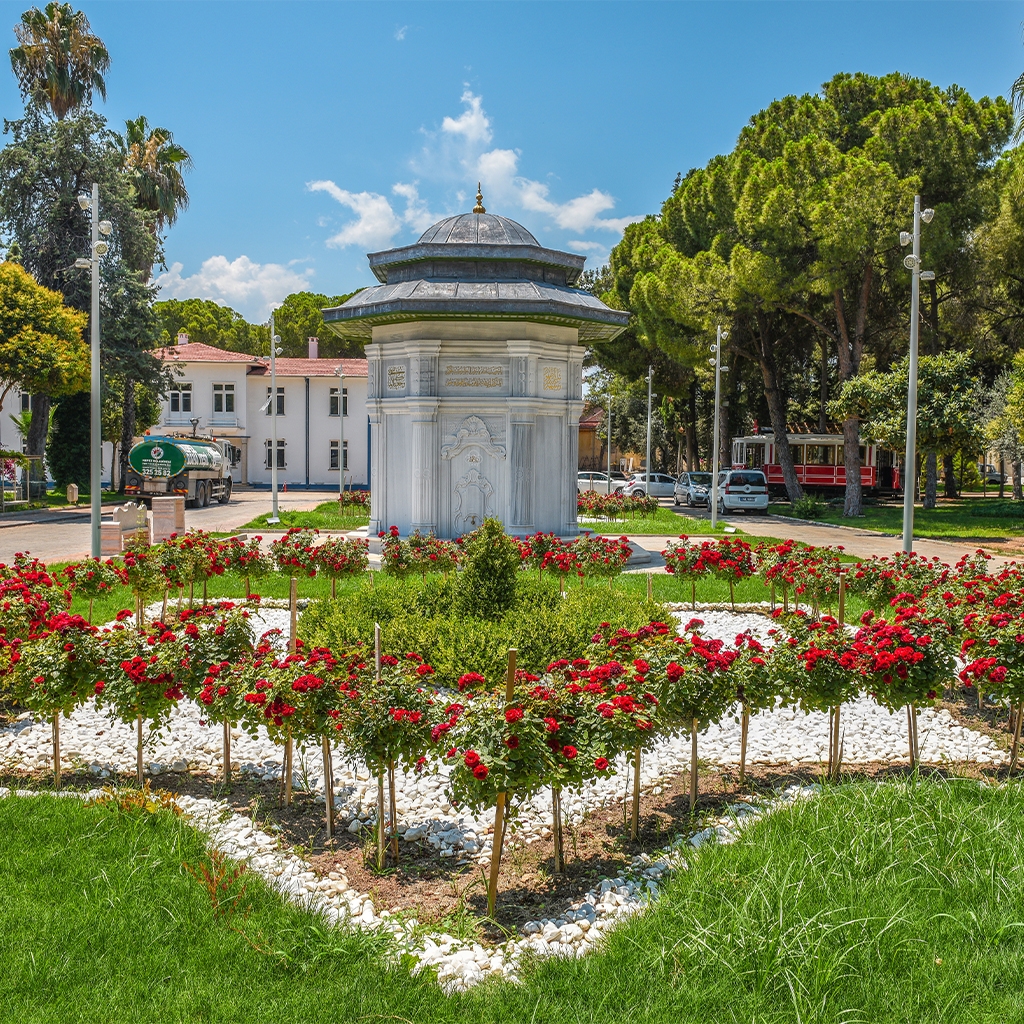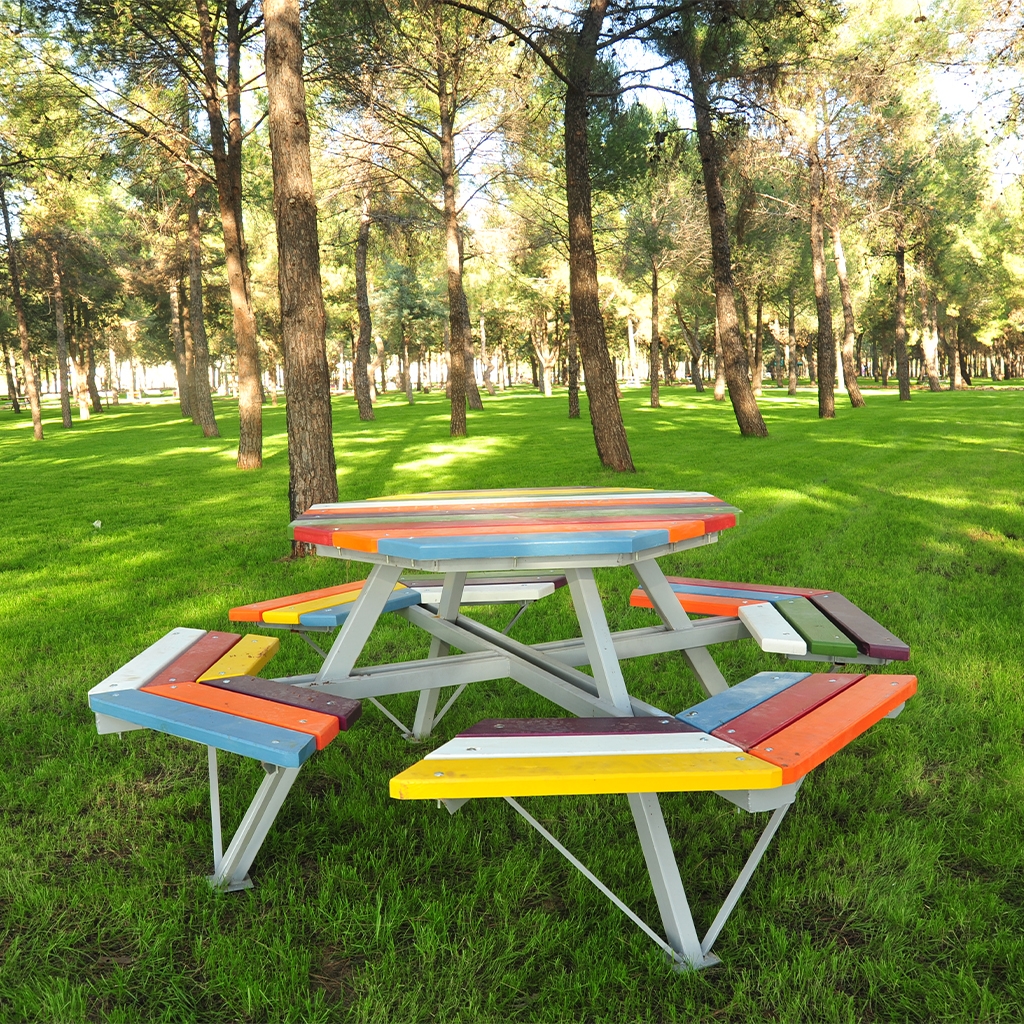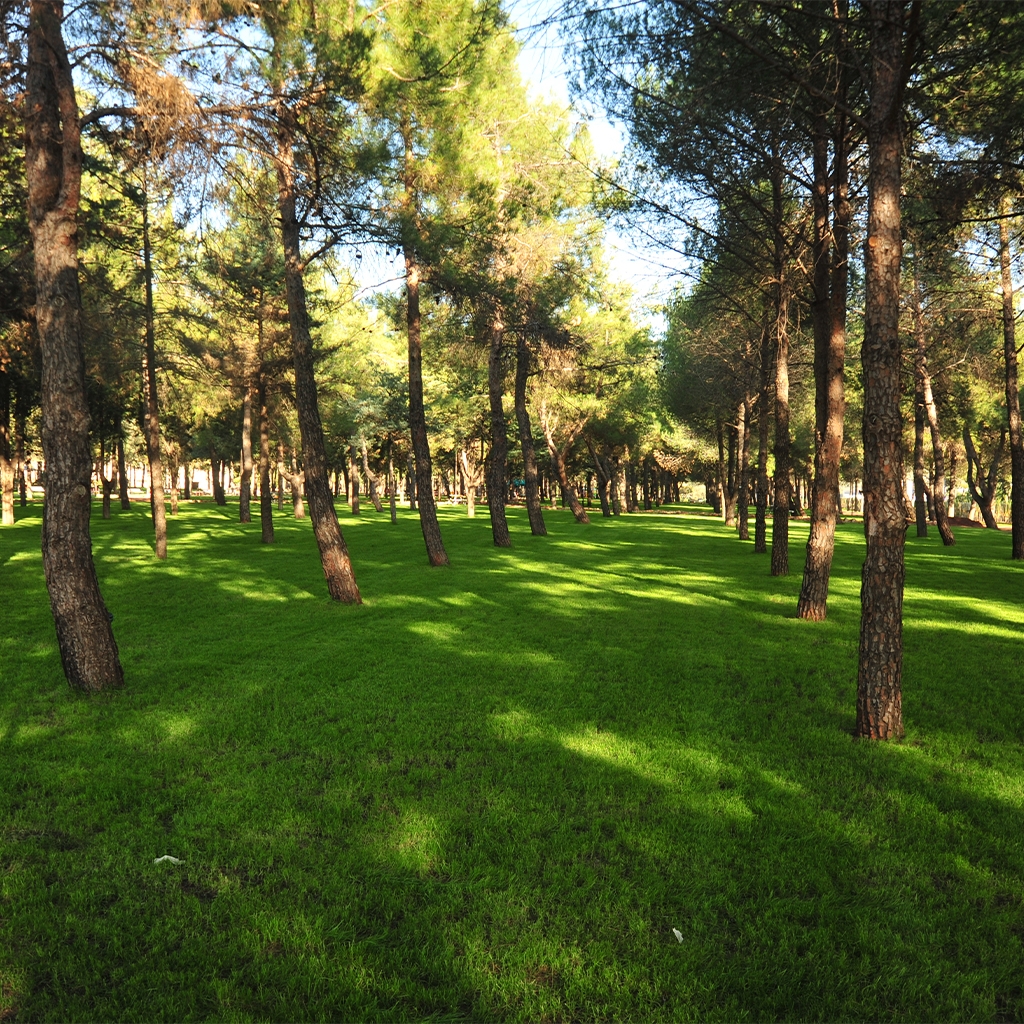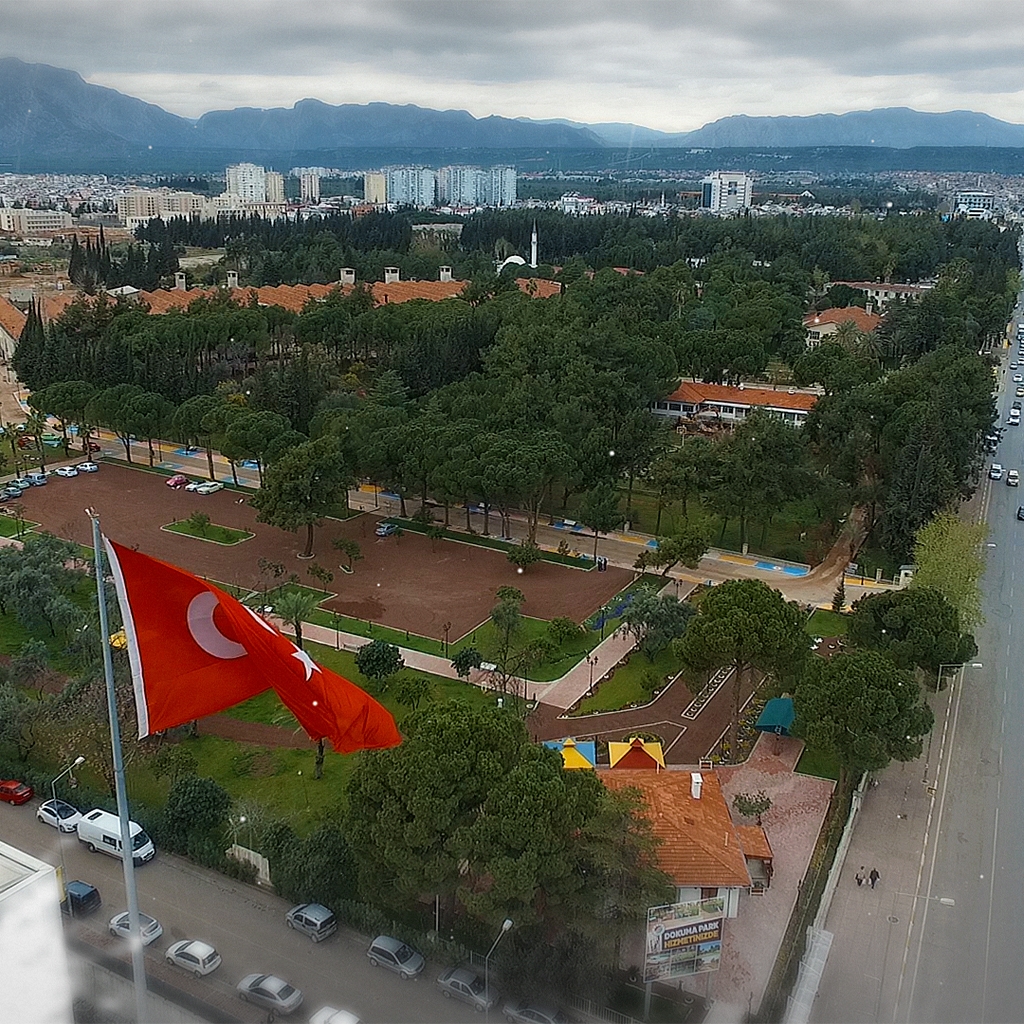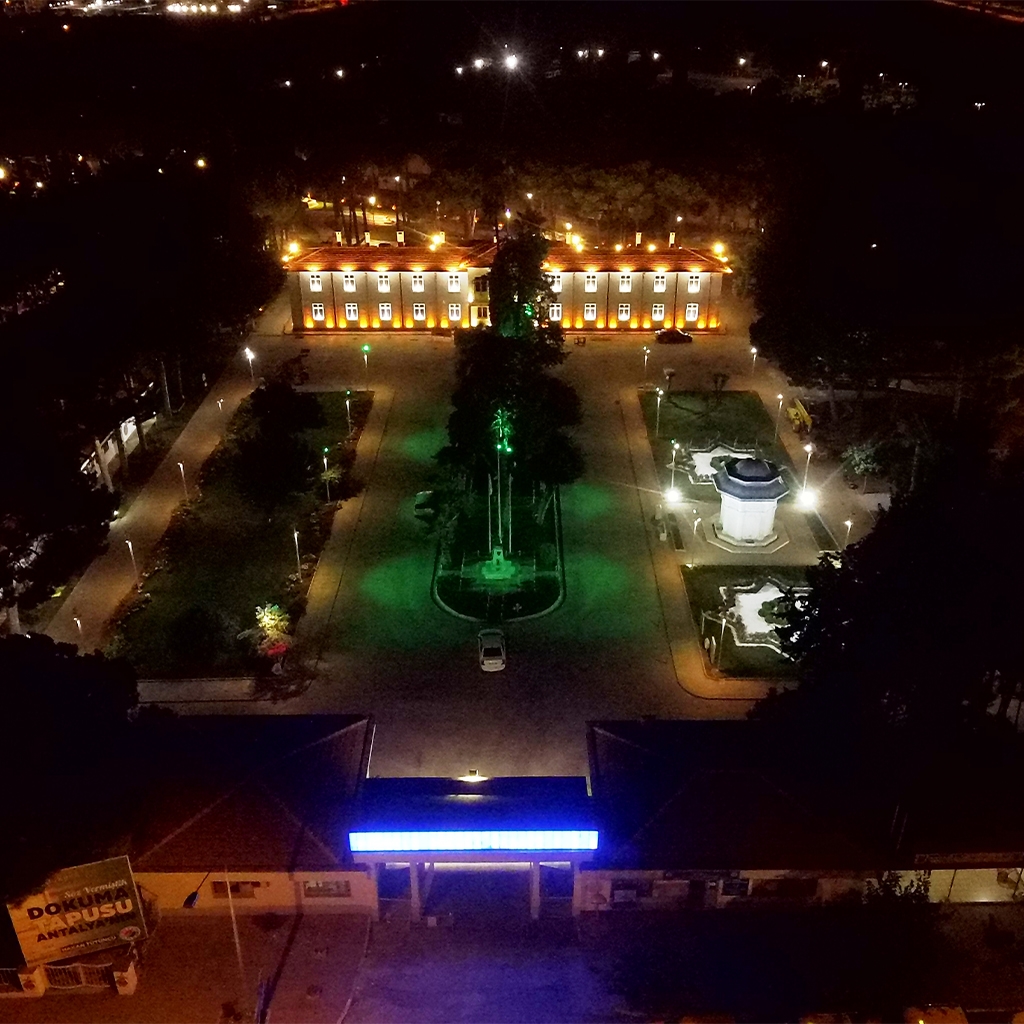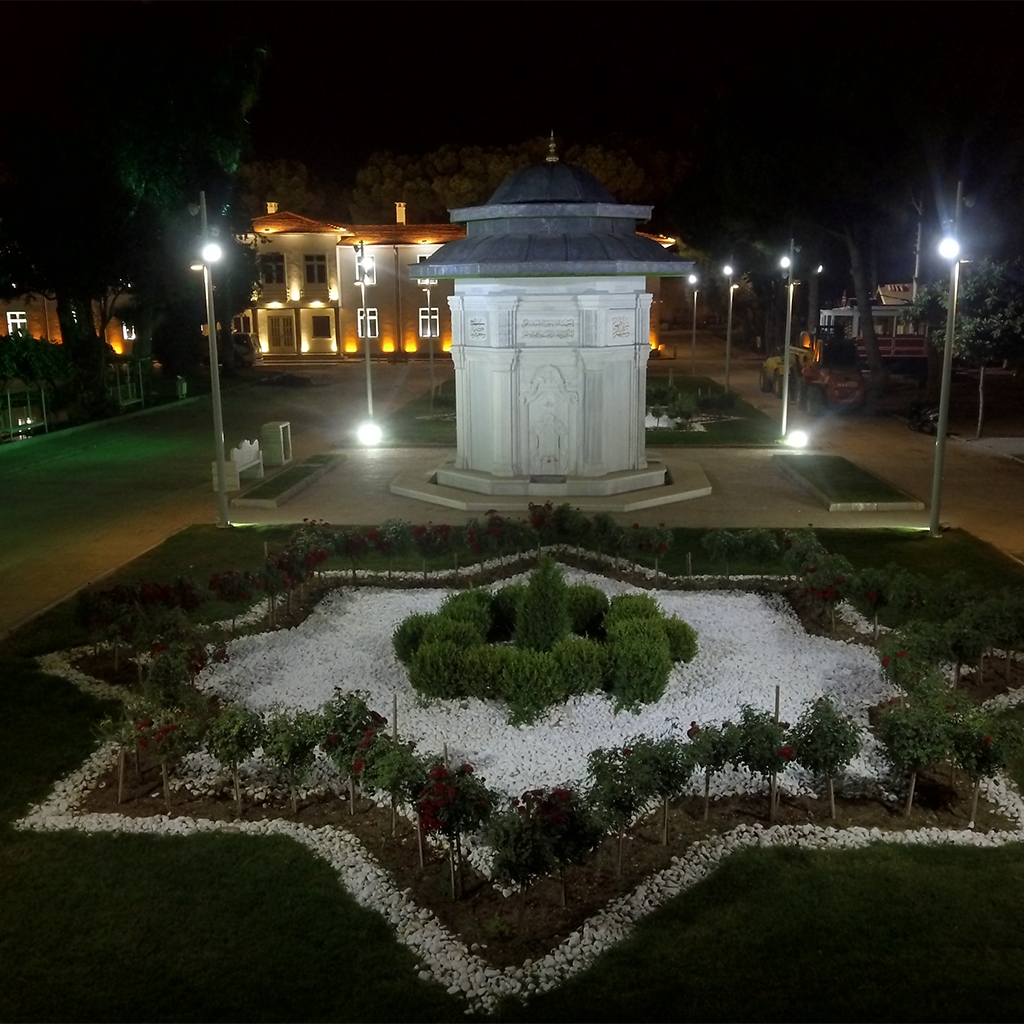The foundation of Antalya Yarn and Cotton Weaving Factory was laid in the 1950s by the then President Celal Bayar and Prime Minister Adnan Menderes. The factory was established to address the rapidly increasing urban population and the rising unemployment rate in the city.
Another objective was to efficiently process the cotton, known as "white gold," which was produced in Antalya. The factory, founded in the 1950s, had an entrepreneurial committee consisting of 700 entrepreneurs. In a short time, the committee managed to raise 6 million Turkish Lira in capital, and Antalya İplik ve Pamuklu Dokuma Fabrikası became one of the most significant representatives of the Republic's industrialization in the Mediterranean Region.
In its opening year, the factory used 1,650 tons of cotton to produce 1,350 tons of yarn, and it was responsible for manufacturing uniforms for the Turkish Armed Forces and NATO forces, which were produced by the hardworking staff of Antalya Yarn and Cotton Weaving Factory day and night. The factory operated with continuous production, becoming the livelihood for thousands of families. With its continuous production, the factory hosted a vibrant community life, featuring the manager's residence, six staff residences, an official entrance building, factory operation areas, administrative building, two warehouses, a boiler room, a fire station, a transformer building, a carpentry workshop, construction workshops, and a chemistry storage facility, all built in sequence.
As a social and recreational hub, the factory also provided facilities such as a dining hall for workers and officials, a cafeteria, a nursery, a guesthouse, a clinic, an educational and sports building, and children's play areas that catered to the factory's employees during that period. However, despite raising 6 million TL in capital, Antalya Yarn and Cotton Weaving Factory failed to cover even 10% of the investment cost, leading to its closure on January 13, 2003, citing financial losses. The factory's premises, which were later put up for sale by the Privatization Administration but failed to find a buyer due to its 500-acre size, were transferred to Kepez Municipality. The then Mayor granted a foreign company a lease for 49 years.
Antalya Yarn and Cotton Weaving Factory, which once represented one of the most critical industrial establishments of the Republican era, was abandoned at that time. However, after Av. Hakan Tütüncü became the Mayor of Kepez in the 2009 Local Elections, he firmly believed that the area belonged to the citizens and should be given back to its rightful owners. Kepez Municipality initiated legal proceedings, leading to the cancellation of the leasing process and the area's restoration to the people of Antalya, who were the true owners of the factory. Together with the citizens, Kepez Municipality determined the future of the historically significant factory. A "Joint Mind Commission" was formed, including representatives from NGOs, Professional Chambers, and political parties. Based on the decisions of this commission, the future of Antalya İplik ve Pamuklu Dokuma Fabrikası was shaped, and the name of the factory was changed to DOKUMAPARK.
Kepez Municipality conducted the transformation works while preserving the natural structure of the historically significant factory buildings and without cutting down a single tree in the factory garden. On December 30, 2015, Kepez Municipality opened the first phase of DOKUMAPARK, consisting of 238,000 square meters of green spaces, cafeterias, and sports facilities, to the public. Kepez Municipality did not stop there, and it turned the area into a city of museums. DOKUMAPARK now includes:
• 70,000 square meters of park area
• Antalya Science Center
• Once Upon a Time in Antalya Museum
• Anatolian Martyrs Museum
• Anatolian Toy Museum
• Nostalgic Vehicles Museum
• July 15 Visual Arts Museum
• Textile Museum
• Modern Arts Gallery
• Cemil Meriç Library
• Dokuma Open-Air Museum
• Dr. Burhanettin Onat Children's Library
• Children's Playgrounds and Sports Areas
• Cafeterias
• Botanical Garden
• Orange Grove
• Olive Grove
The area that was once abandoned to its fate has now become the center of attraction in Antalya, known as DOKUMAPARK.


